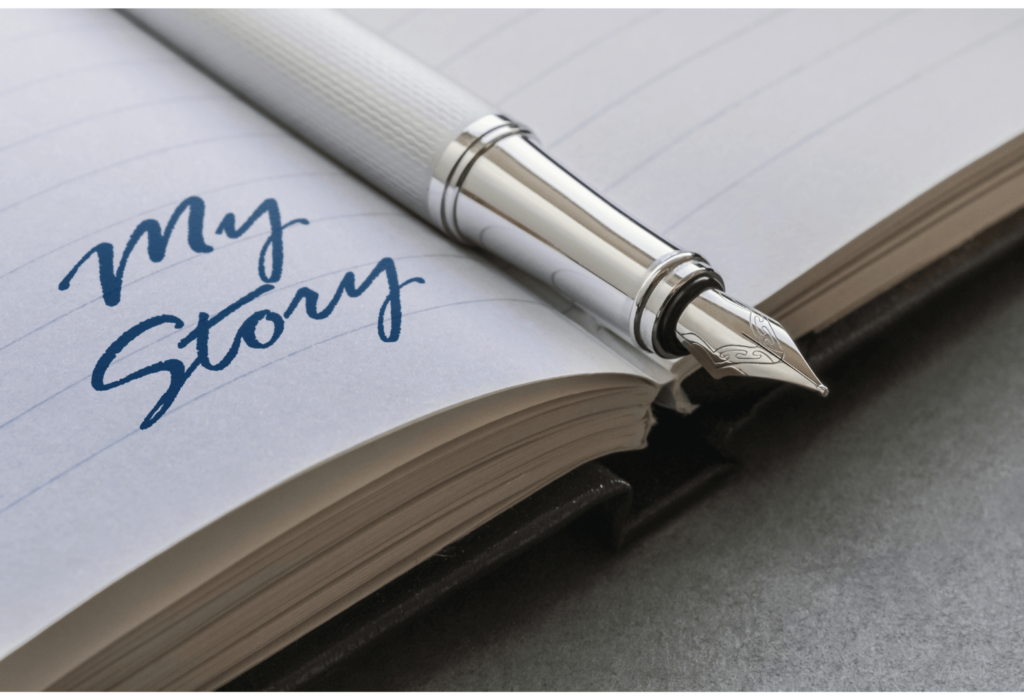
Another important aspect to ghostwriting services is the ability to step into someone else’s shoes and tell that person’s story in their words, voice and tone. The worst thing a ghostwriter can do is submit the writing and have the person say, “That doesn’t sound like me at all. That sounds like you.”
It makes sense, right? If it’s your story, you want a manuscript that you recognize as your own, even if you didn’t write it. This not only holds true for books, but for speeches, social media posts, website pages or anything that has your name on it.
But not every ghostwriter can do that. Some come into the situation thinking they know better. They think they understand the subject matter, the target audience or the right words better than the client. That is not a ghostwriter you want to work with.
Any ghostwriter worth your time and money needs to convey to you that this is your story, not theirs. Their should help you with organization, such as what chapters should be presented and in what order. I once had clients Julian J. Dominguez and Melinda Murphy present me with a manuscript in which they wanted me, after doing some ghostwriting, to organize and title the chapters. The end result, “A Culture of Fear: An Inside Look at Los Angeles County’s Department of Children & Family Services,” received online raves such as: “a must-read. … candid and remarkable – every attorney general should read this.”
Julian and Melinda like what I did so much, they put my name on the cover, which wasn’t in the original contract. They did that on their own.
A journalist is an ideal ghostwriter
Journalists make great ghostwriters because they have spent their careers carefully and meticulously quoting people accurately and fairly. The last thing a journalist wants is for a subject to claim, “You misquoted me! I never said that!”
Journalists also are well organized, use critical thinking to cut out the unnecessary and extraneous parts of the story, and ask open-ended questions that begin with who, what, where, when, how and why (hopefully, the client tells the ghostwriter, “That’s a good question” a lot).
These questions get the person to open up and give detailed answers, which serves two purposes: 1) The person provides extra information that makes the story better, and 2) The person provides all those words that the ghostwriter can insert into the story so the person recognizes himself/herself/themselves in the writing.
You want to make sure you partner with a ghostwriter who can write in a way that doesn’t kill your voice, and gets you to the preferred ending below.
Which ending do you prefer?
Imagine holding a book in your hands that has your name on it. See yourself thumbing through the pages, reading the words, recognizing that what’s contained therein is your story, laid out for all to see. This symbol of your life is part catharsis and part healing. Your journey is complete, and you’ve reached the people who needed to hear your story.
OR
Imagine holding a book in your hands that has your name on it. See yourself thumbing through the pages, reading the words … and growing more and more angry because you don’t recognize yourself in this book. When you call to to calmly explain why you wanted what you wanted and how it would sound more like you if you wrote it this way, the ghostwriter either insists that his/her version is better, or (s)he ghosts you, and you can’t get hold of him/her.
What ghostwriter you choose will help answer the question.
Let's Start A New Project Together
Contact me and we can explore how a ghostwriter or editor can benefit you.
